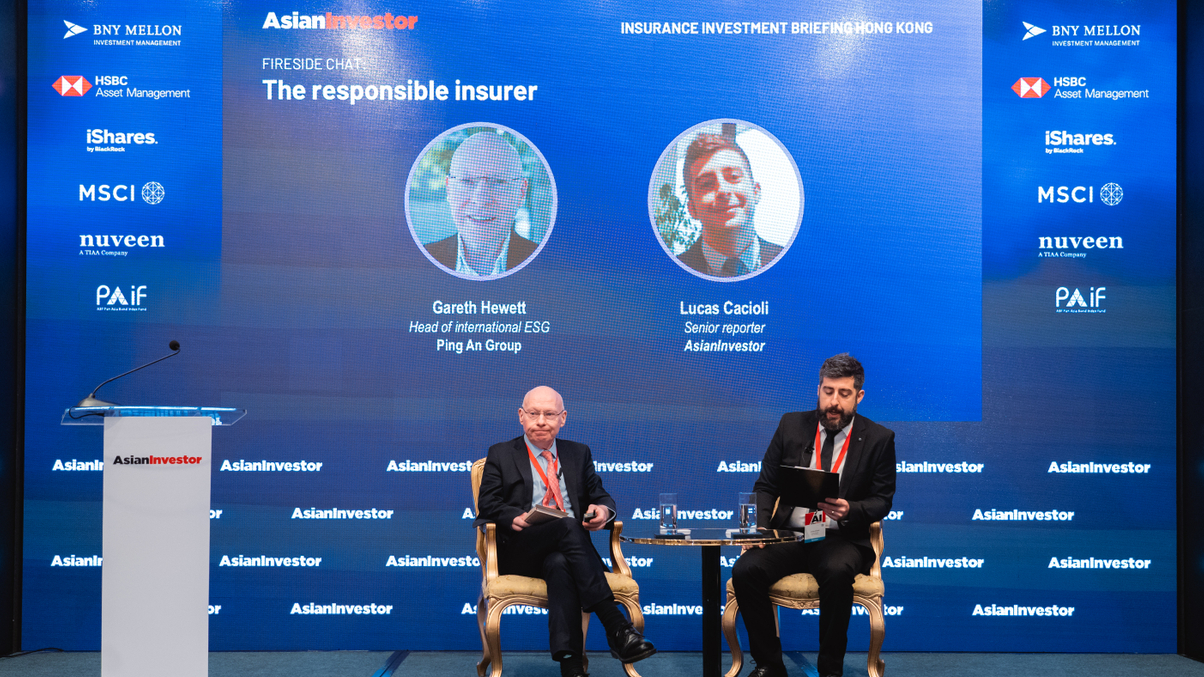Ping An: Lack of standard reporting models hampering ESG efforts
Ping An Group's head of international ESG highlighted the challenges of ESG investment in emerging markets, as well as China’s growing discussions on incoming international disclosure standards.

There is growing debate around environmental, social, and governance (ESG) investment in emerging markets, as well as the role of responsible insurers to combat climate change, particularly in regions with differing views on these issues, according to Gareth Hewett, head of international ESG for China’s largest insurer, Ping An Group.
Sign in to read on!
Registered users get 2 free articles in 30 days.
Subscribers have full unlimited access to AsianInvestor
Not signed up? New users get 2 free articles per month, plus a 7-day unlimited free trial.
¬ Haymarket Media Limited. All rights reserved.


